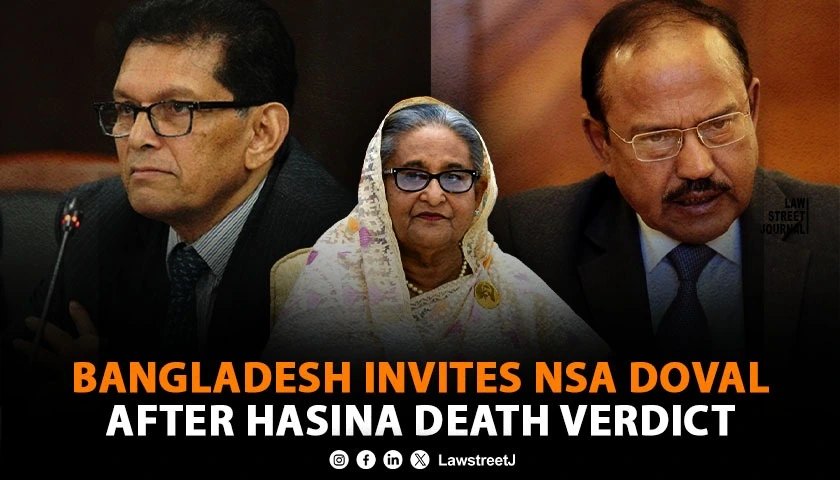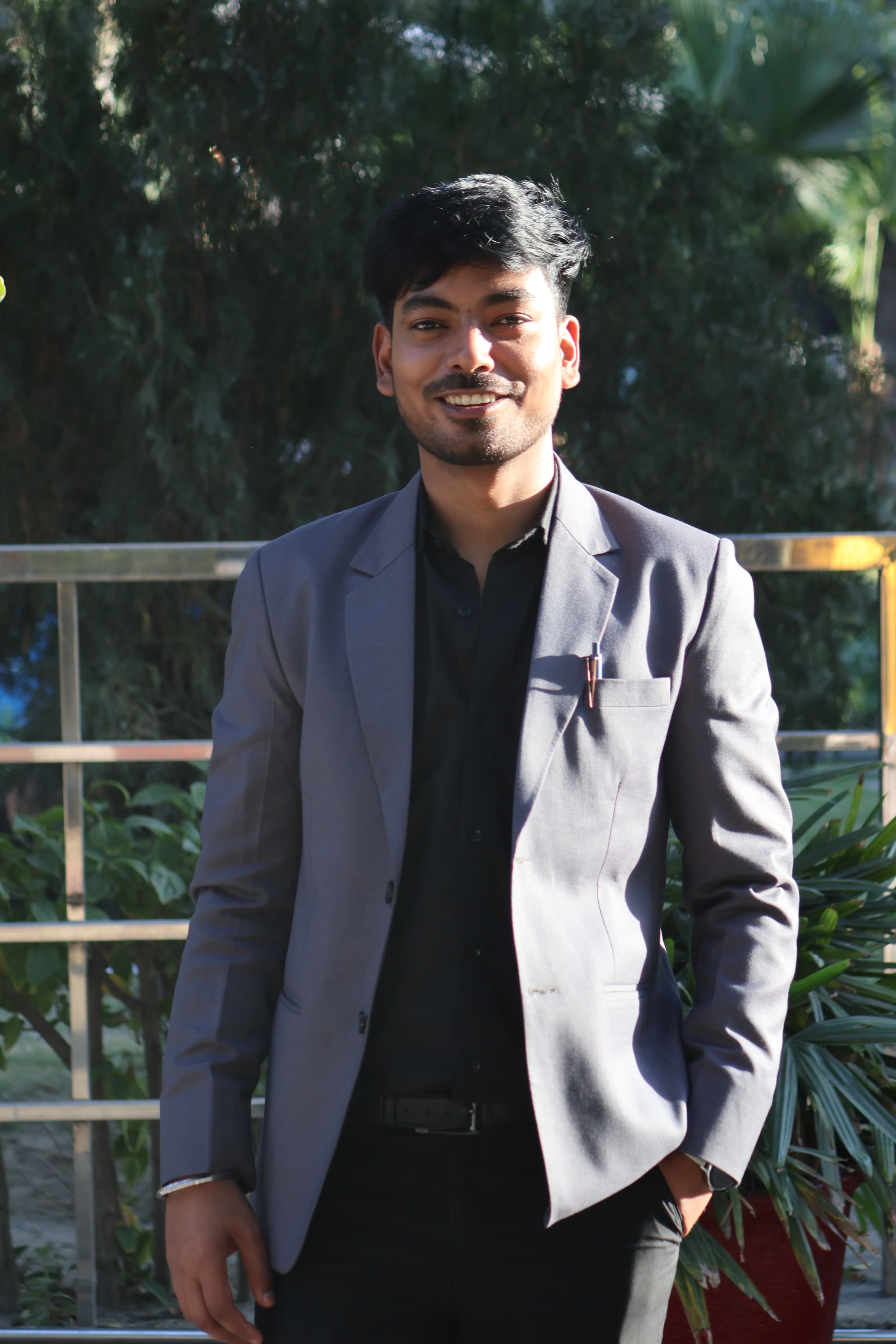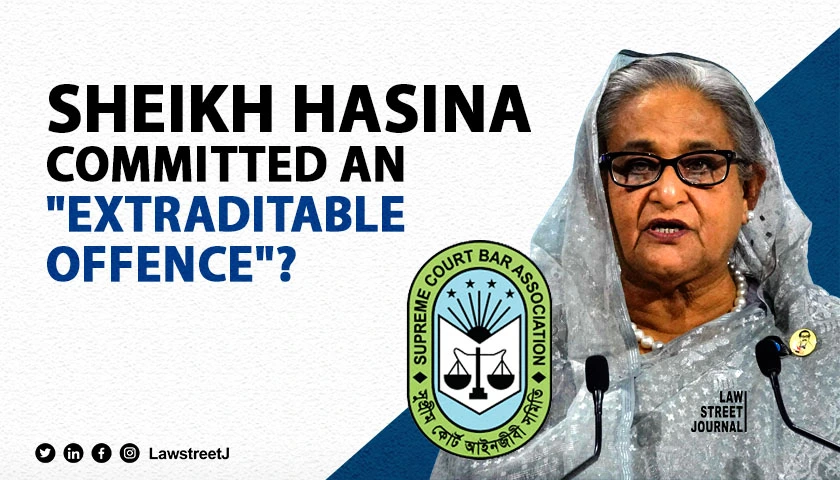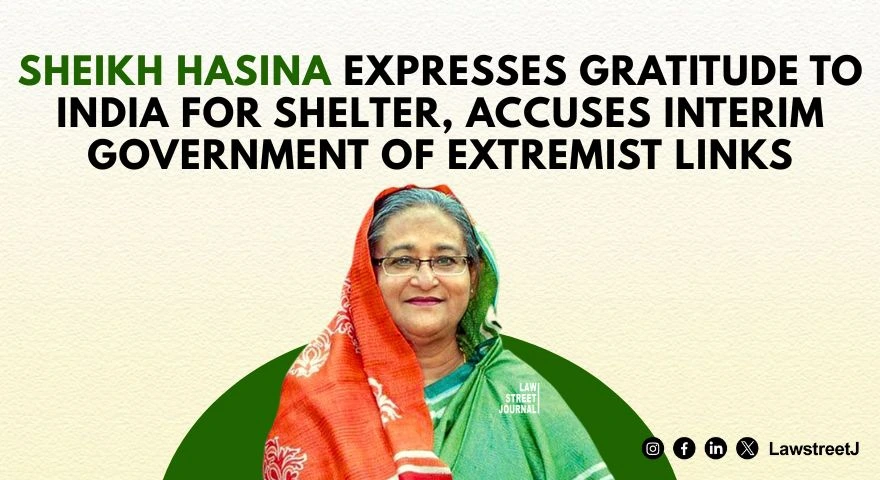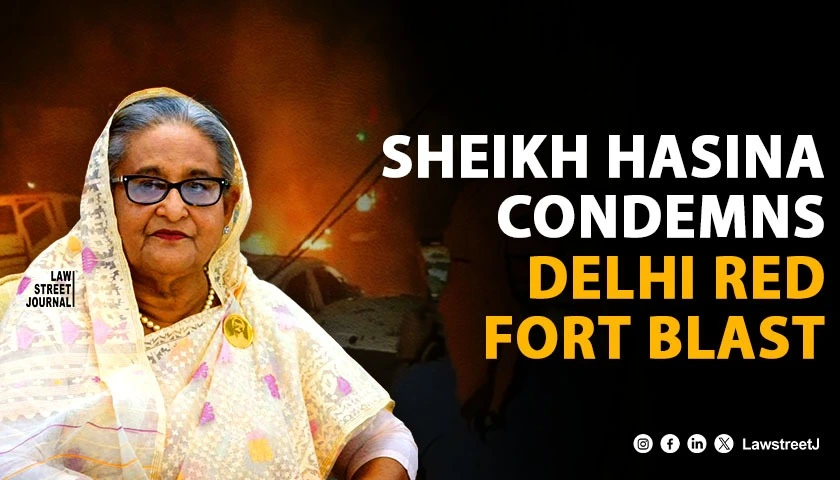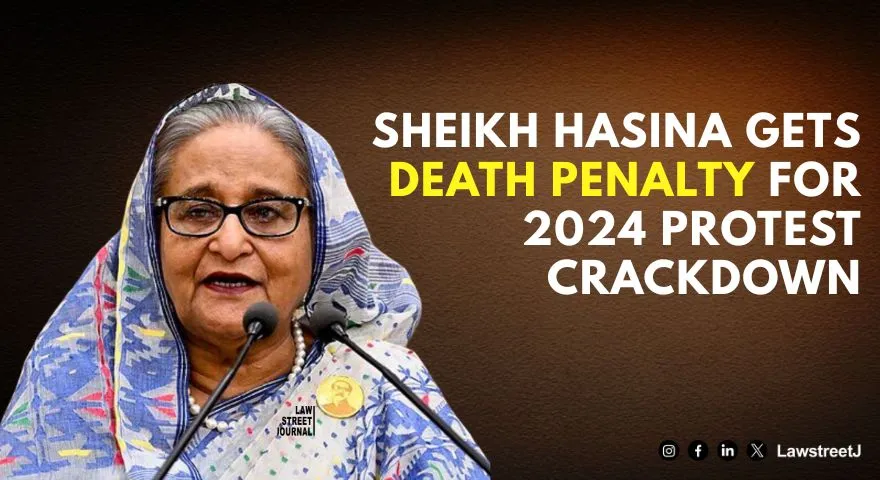New Delhi: Bangladesh has extended an invitation to India’s National Security Advisor Ajit Doval just one day after its International Crimes Tribunal (ICT) sentenced former Prime Minister Sheikh Hasina to death. The timing—coinciding with the Seventh NSA-level Meeting of the Colombo Security Conclave (CSC)—has attracted regional attention due to the parallel legal and diplomatic developments.
Legal Proceedings Against Former Prime Minister Sheikh Hasina
On November 18, 2025, Bangladesh’s ICT announced a death sentence for Sheikh Hasina, who is currently in exile in India. The verdict—issued under charges of “crimes against humanity”—is reportedly linked to events during her tenure in office and political unrest in the early 2000s. The proceedings were conducted in absentia due to Hasina’s continued stay outside Bangladesh.
The ICT, established in 2010 under the International Crimes (Tribunals) Act, 1973, has historically prosecuted individuals for war crimes connected to the 1971 Liberation War. This marks the first time the tribunal has sentenced a former head of government. Legal experts in Dhaka noted that the ruling followed a multi-year investigation involving extensive documentary evidence and witness testimony.
Following the verdict, Bangladesh’s Ministry of External Affairs submitted a formal extradition request to New Delhi, citing the bilateral extradition treaty signed in 2013. The treaty allows both countries to transfer individuals accused or convicted of criminal offences but includes exemptions for political offences. These provisions may affect how India evaluates the request, particularly given Hasina’s political status and her asylum in India.
Under the Indian Extradition Act, 1962, requests involving political figures require detailed scrutiny to determine whether the charges fall within the political-offence exception. India has not yet issued a formal response to the extradition request.
NSA-Level Talks and Strategic Engagement
On November 19, 2025, Bangladesh’s National Security Advisor Dr. Khalilur Rahman met Indian NSA Ajit Doval in New Delhi. The meeting took place ahead of the CSC discussions scheduled for November 20. The CSC—comprising India, Bangladesh, Sri Lanka, Maldives, and Mauritius—focuses on cooperation in maritime security, counterterrorism, coastal surveillance, and cyber defence.
The Bangladesh High Commission in New Delhi released a statement confirming that the meeting covered “key bilateral issues,” including regional initiatives and the strategic agenda for the upcoming CSC meeting. Dr. Rahman also extended a formal invitation for Doval to visit Dhaka “at his convenience.” The statement did not reference the tribunal verdict or the extradition request.
The meeting’s proximity to the ICT ruling has drawn attention, but diplomatic officials clarified that it was pre-scheduled as part of routine CSC coordination. As of November 20, India’s Ministry of External Affairs has not publicly commented on the extradition request or the invitation extended to NSA Doval.
The CSC meeting in New Delhi is expected to proceed as planned, with Ajit Doval leading the Indian delegation. Delegations from Sri Lanka, Maldives, Mauritius, and Bangladesh will review regional security priorities and operational frameworks.
Wider Implications for India–Bangladesh Relations
The sequence of events has intensified focus on India–Bangladesh relations, which traditionally involve cooperation on border management, counterterrorism, connectivity, and trade. The extradition request, however, brings an added legal challenge that may test diplomatic interactions in the coming weeks.
Legal experts say India’s assessment will consider the specific charges, Hasina’s current status in India, and whether political elements of the case invoke exceptions under the 2013 treaty. Extradition cannot proceed if the charges are deemed politically motivated or fall under protected political-offence categories.
Bangladesh, meanwhile, has emphasised that CSC coordination remains a priority irrespective of the ongoing legal case. Officials from both nations have reiterated their commitment to regional security cooperation.
As of the latest updates, Sheikh Hasina remains in India. No further actions regarding extradition or legal review have been publicly announced. Analysts continue to monitor the situation to gauge how the tribunal verdict may influence bilateral engagement.

